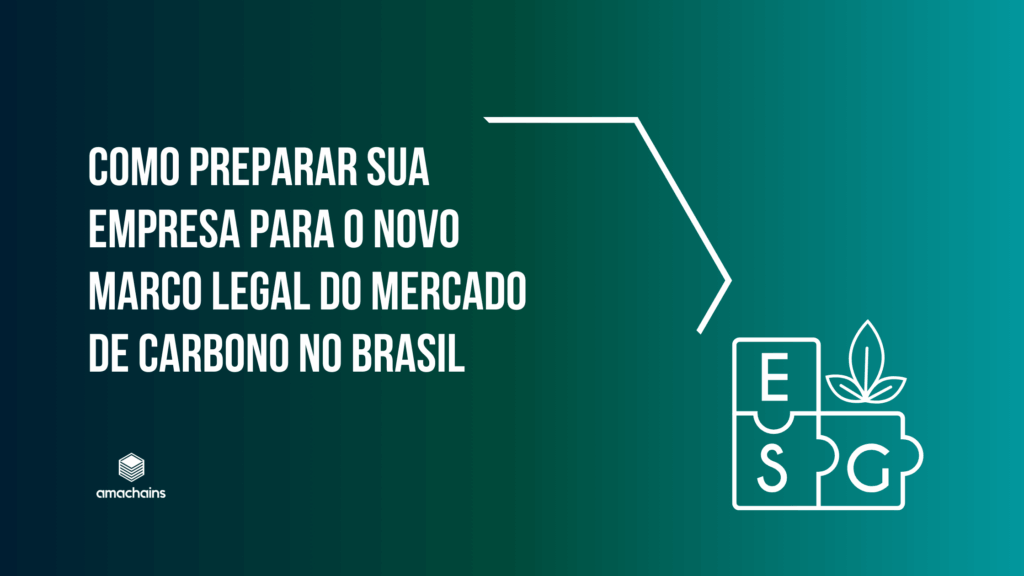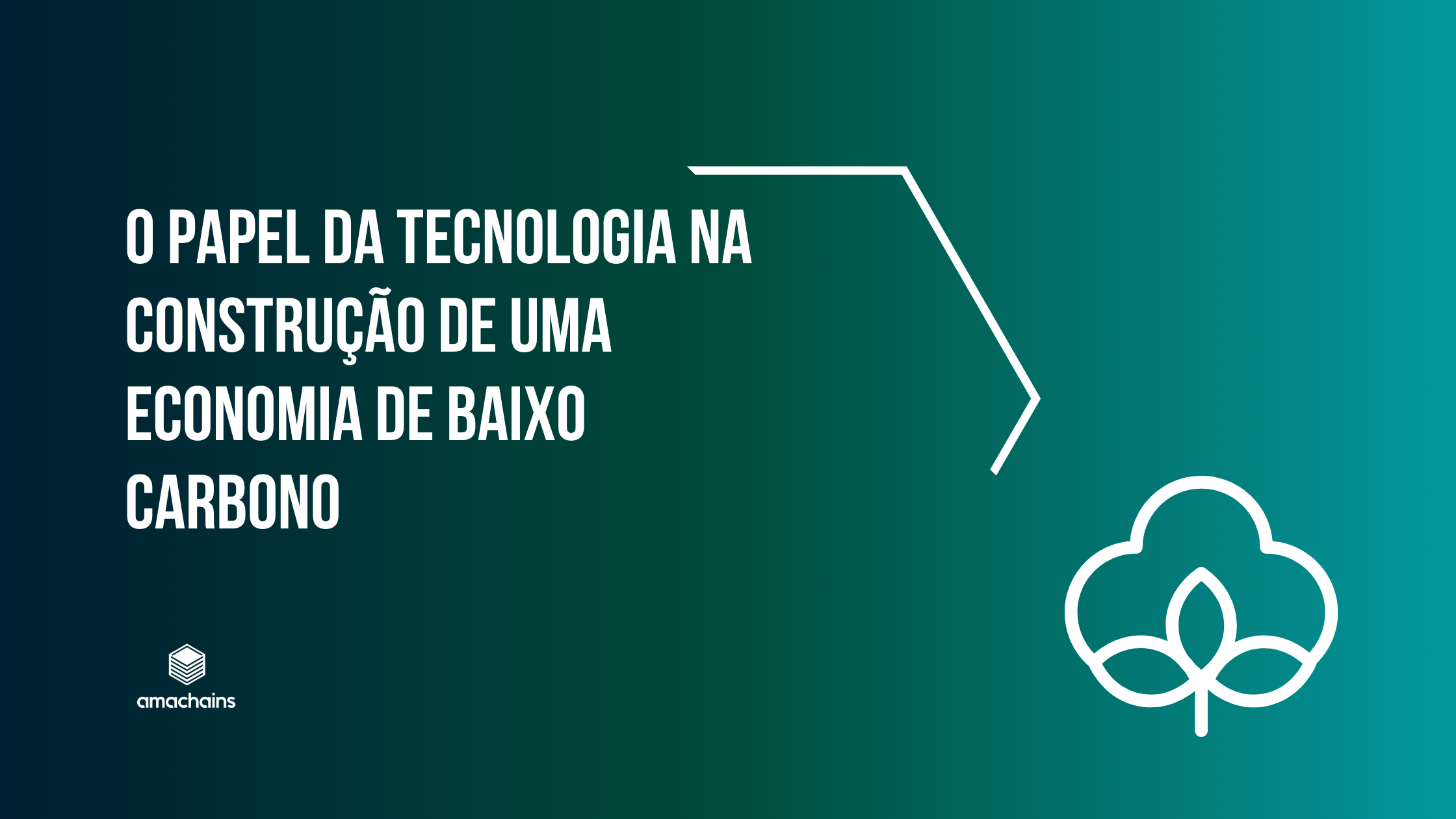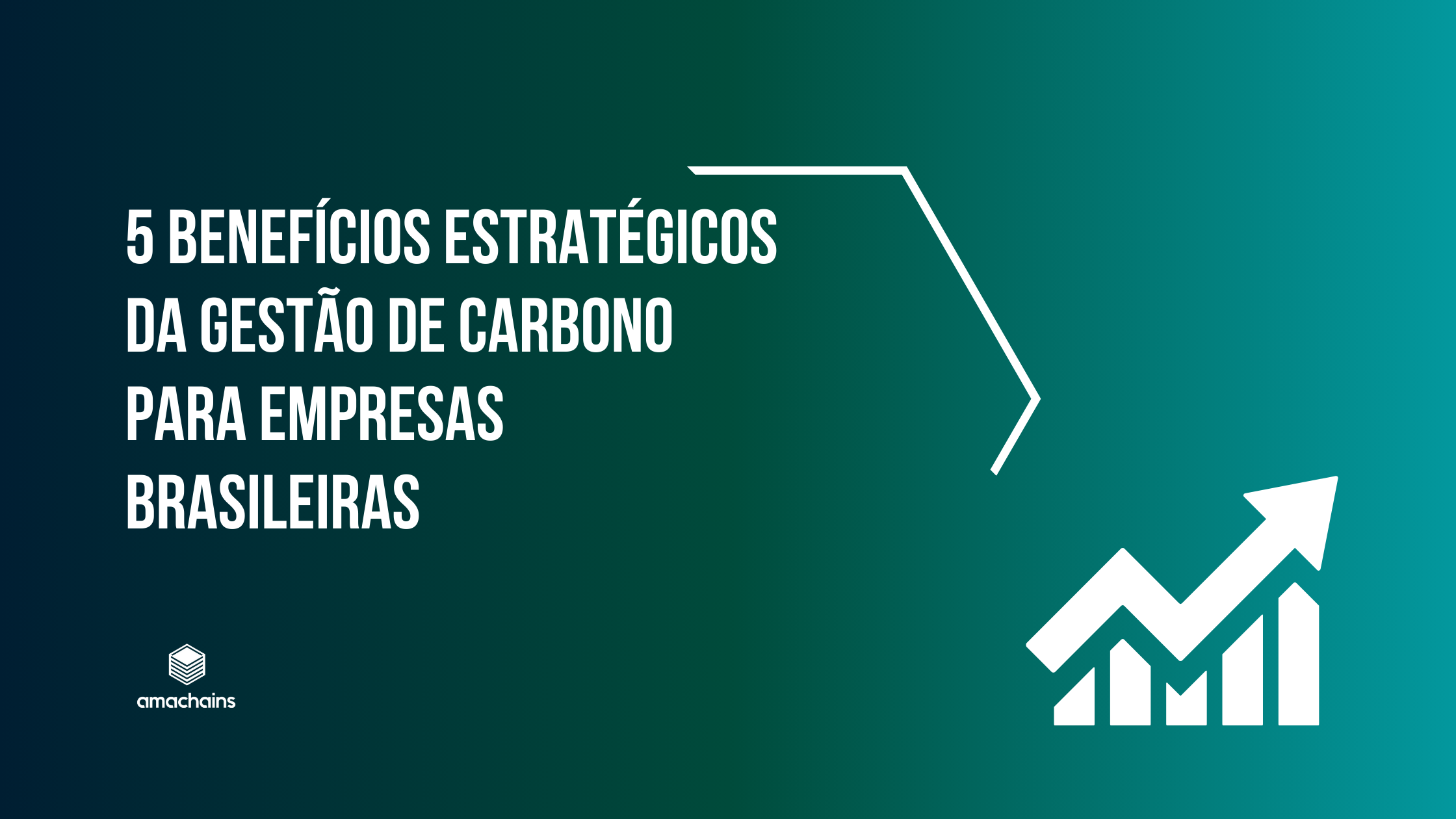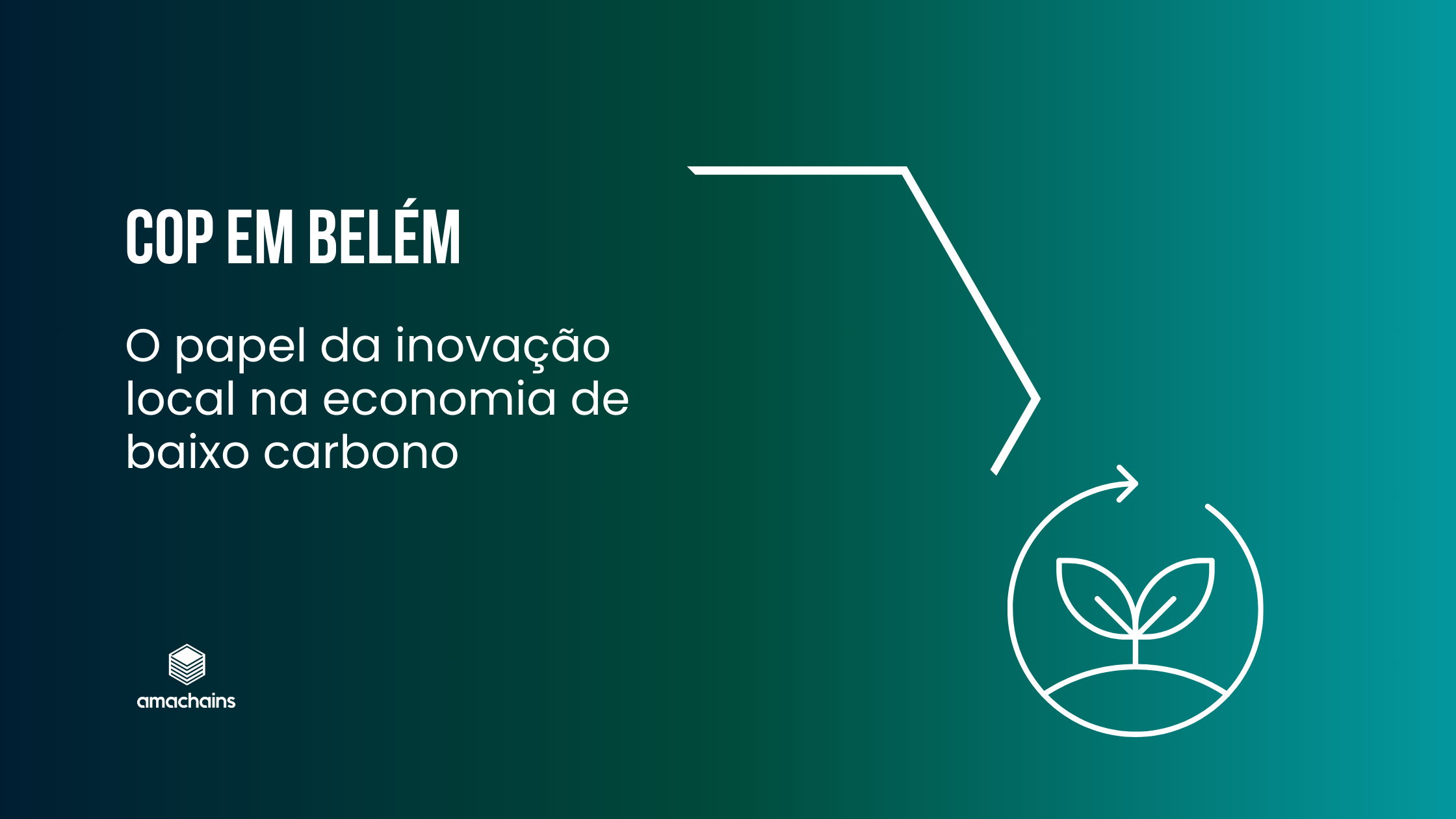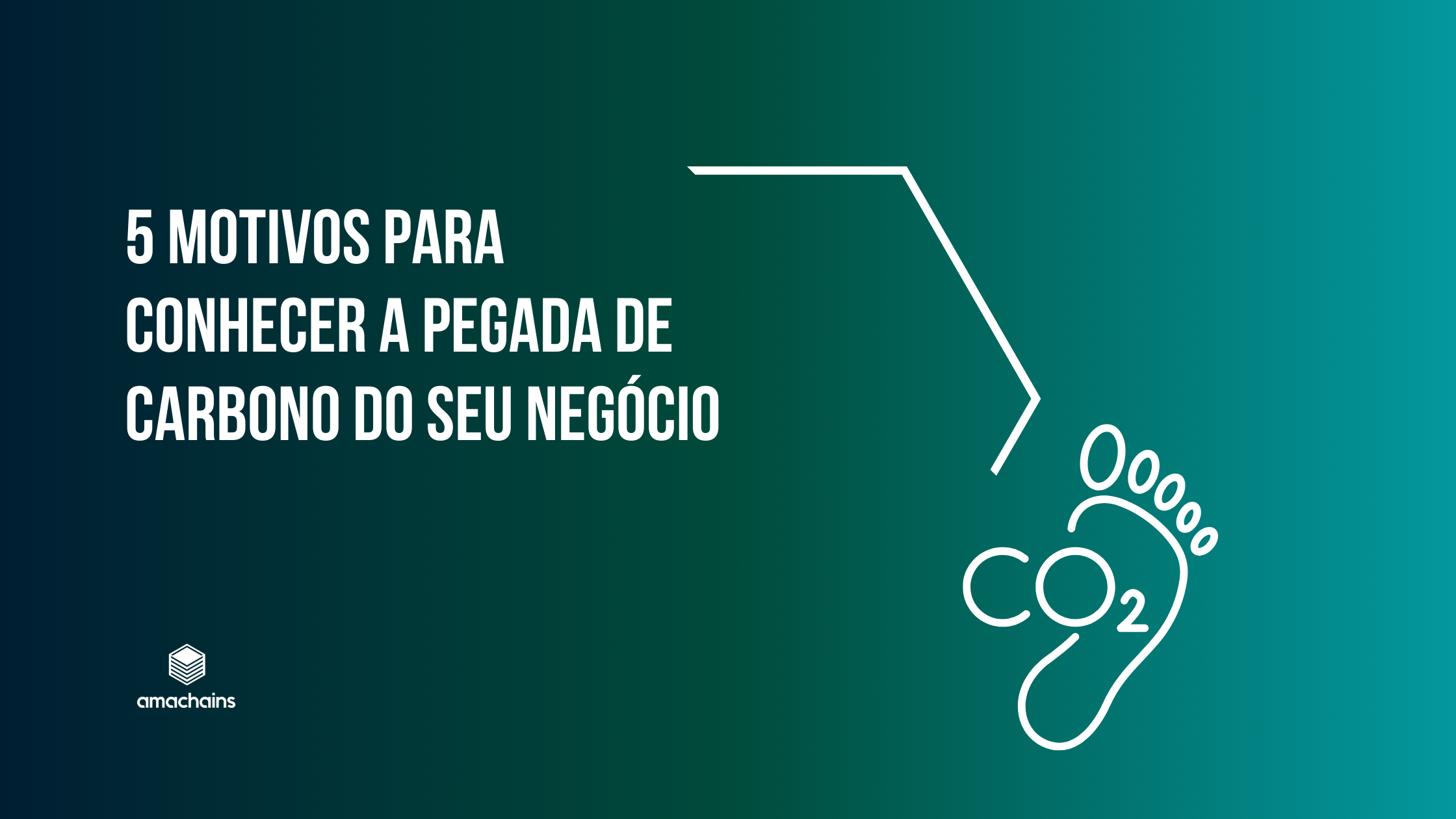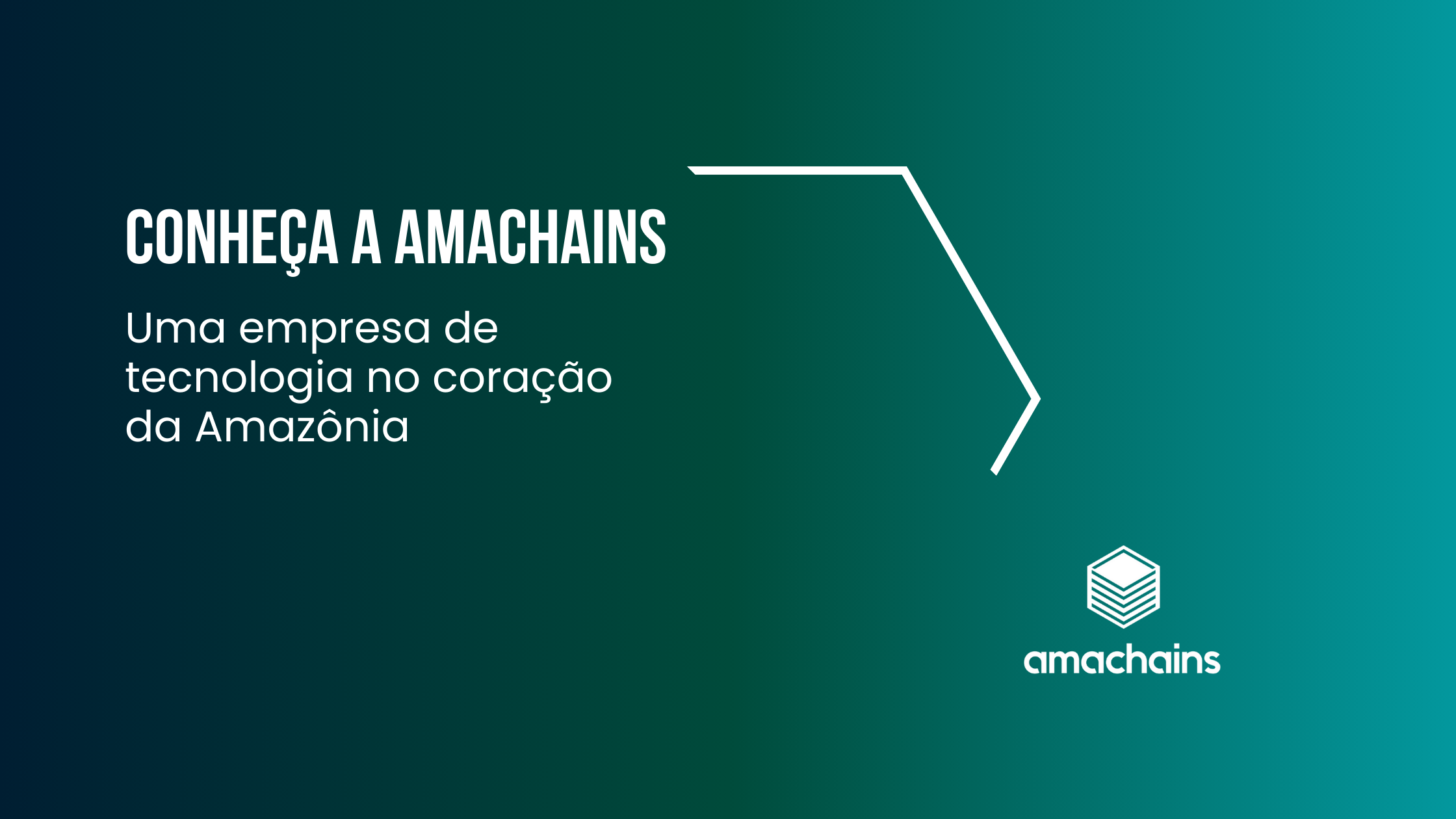The advancement of legal framework for the carbon market in Brazil represents one of the most relevant steps in national climate policy in recent decades. With regulations underway, companies from various sectors will need to adapt quickly to meet new requirements, seize opportunities and avoid operational, legal and reputational risks.
More than a regulatory change, the new framework establishes the basis for a structured, secure and transparent carbon market, with clear rules on who should measure, report, reduce or offset greenhouse gas (GHG) emissions. For Brazilian companies, especially those that have not yet started their journey of carbon management, this is the time to act.
The proposed legal framework establishes criteria for the creation of the Brazilian Emissions Trading System (SBCE), which will regulate the purchase and sale of permits and carbon credits in the country. The system will be mandatory for sectors and companies with emissions above certain thresholds, and voluntary for other organizations wishing to participate in the carbon market in Brazil.
With the regulation, companies will be required to measure their emissions and report data based on recognized methodologies. This means that carbon management, previously a practice adopted by a few pioneering companies, will become a legal requirement for many organizations. Those who anticipate the new legislation will have a clear strategic advantage.
Being prepared does not just mean having an environmental speech. It requires building a solid foundation of reliable data, which allows the company's carbon footprint to be accurately calculated, opportunities to reduce emissions identified and, when necessary, offset the surplus through the acquisition of certified carbon credits.
To achieve this, it is essential to invest in technologies that support the decarbonization journey with safety, traceability and transparency. Tools such as Amachains Carbon were developed precisely for this purpose. The platform allows companies to measure, track, audit and simulate scenarios based on blockchain and artificial intelligence, ensuring that all stages of the process comply with the standards required by the market and, in the future, by Brazilian legislation.
The use of auditable and integrated data This will be an important differentiator for companies that wish to demonstrate their presence in the carbon market. With the entry into force of the legal framework, the proof of avoided, reduced or offset emissions will be required more rigorously, and only reliable data will be valid for legal and commercial purposes.
Another fundamental aspect of preparation is the continuous monitoring regulatory trends. The legal framework under discussion provides, for example, for the creation of a National Registry of Verification Entities and the obligation to produce annual reports, which will require companies to have robust internal governance, with well-defined processes and trained managers.
THE strategic planning It also needs to incorporate realistic and monitorable decarbonization targets. By setting targets based on data collected by platforms like Amachains Carbon, a company can make more informed decisions about investments, operational changes, communication, and stakeholder engagement.
Companies that prepare now to operate in a regulated carbon market will be better able to seize value-creation opportunities. This includes not only the possibility of trading surplus carbon credits, but also building their reputation, accessing green financing and integrating into sustainable supply chains.
Furthermore, the environmental compliance will no longer be just a competitive advantage but will become a criterion for survival in strategic sectors of the economy. Large buyers and investors will prioritize partners aligned with regulatory requirements and solid carbon management practices.
At a time when Brazil stands out as one of the countries with the greatest potential to lead the global carbon credit market, companies that are at the forefront of this process will also be positioned to engage with international markets, capture foreign investment and act with greater confidence in complex negotiations.
THE urgency in adaptation should not be seen as a burden, but as a real opportunity for strategic repositioning. The ongoing regulation is a clear sign that the green economy is becoming the new norm. Being prepared is more than a matter of compliance — it is a smart decision to ensure relevance, solidity and growth in a rapidly changing environment.
